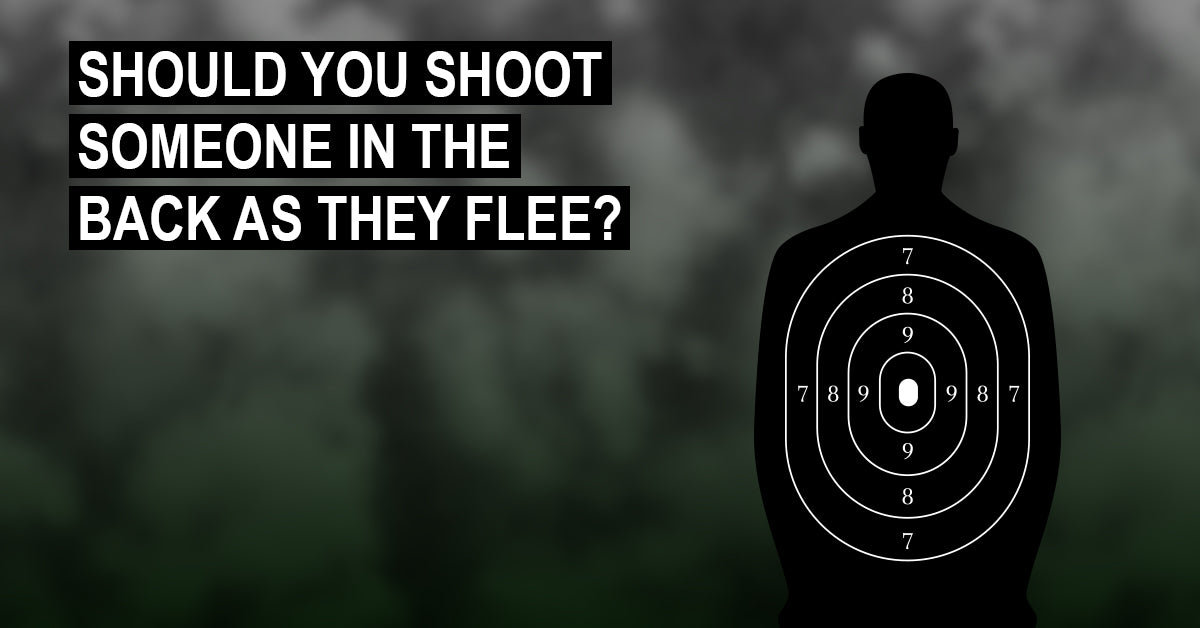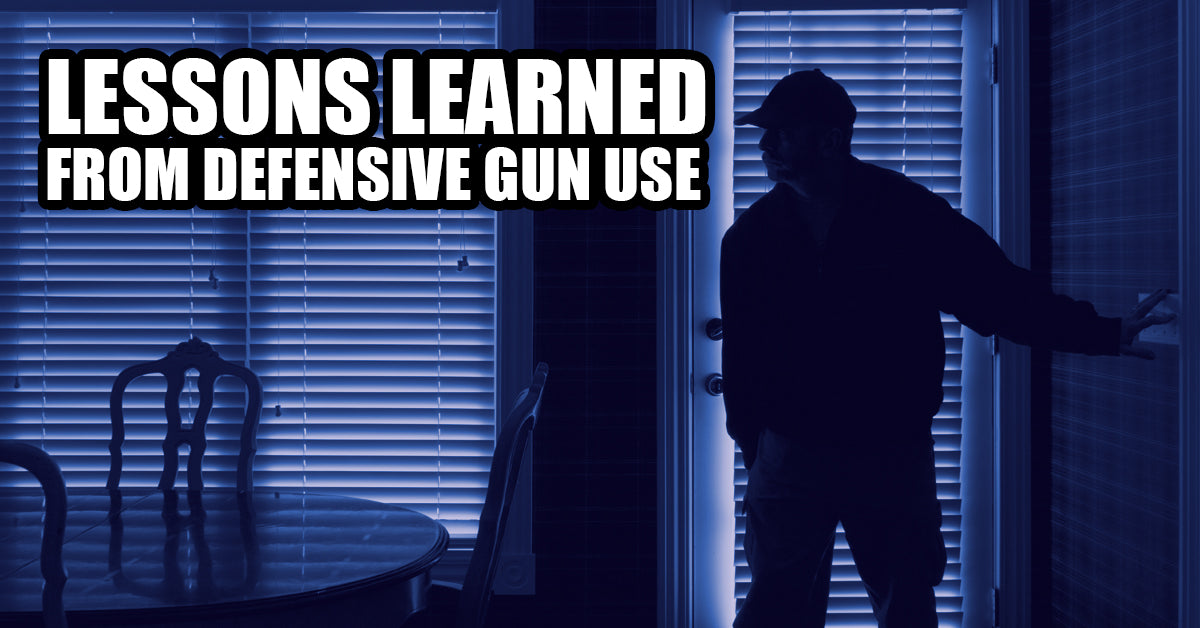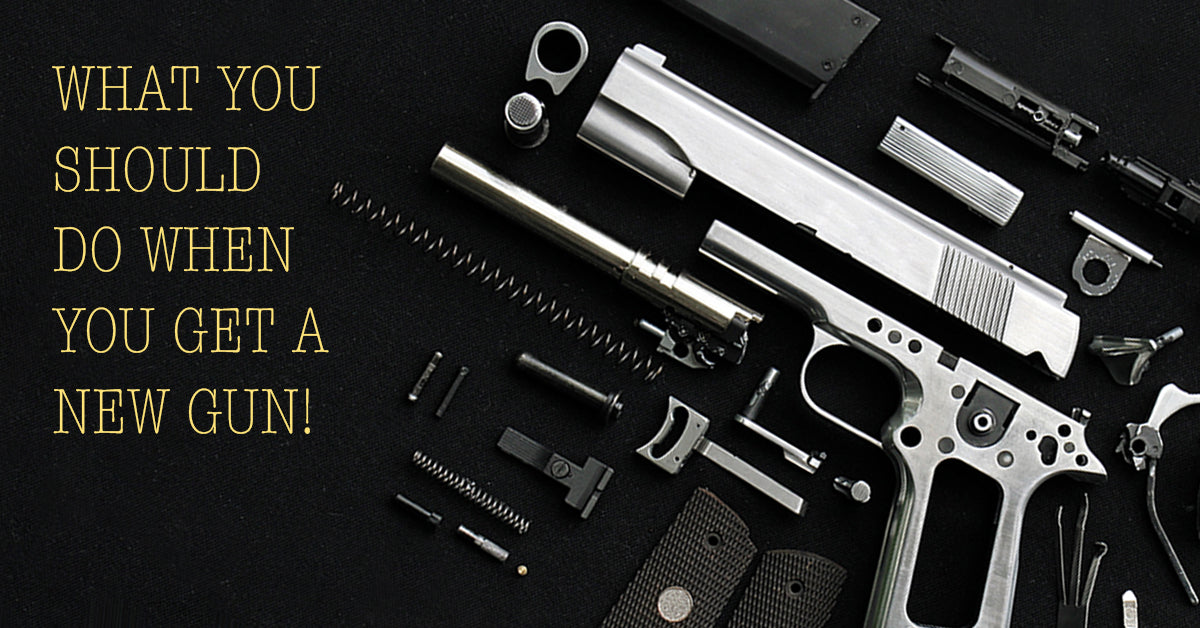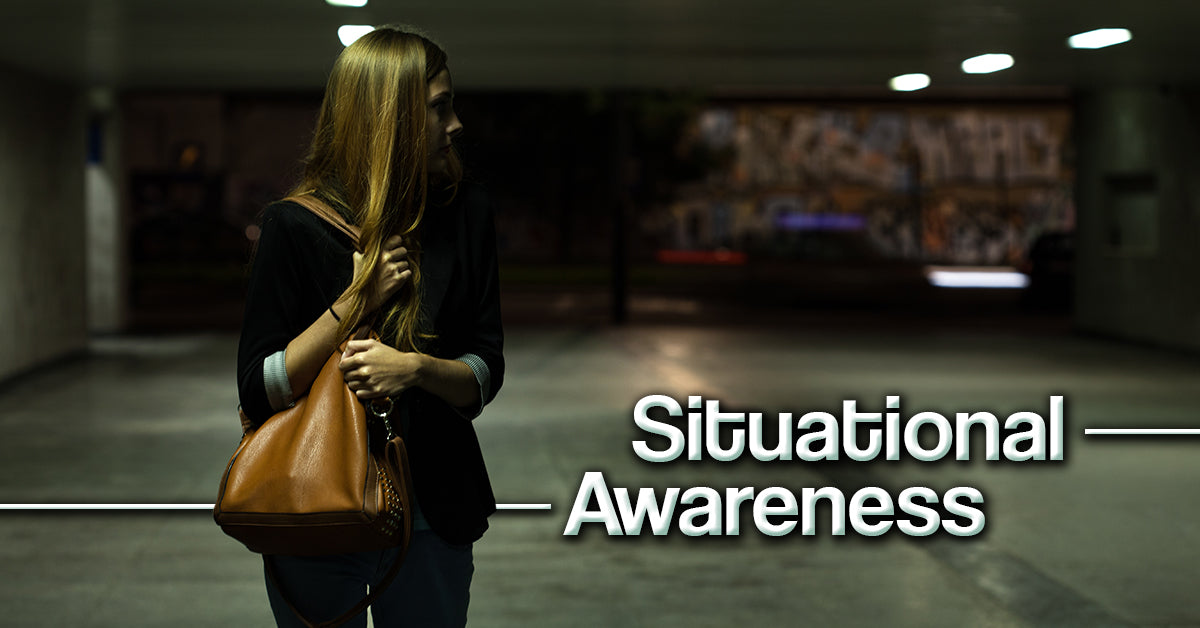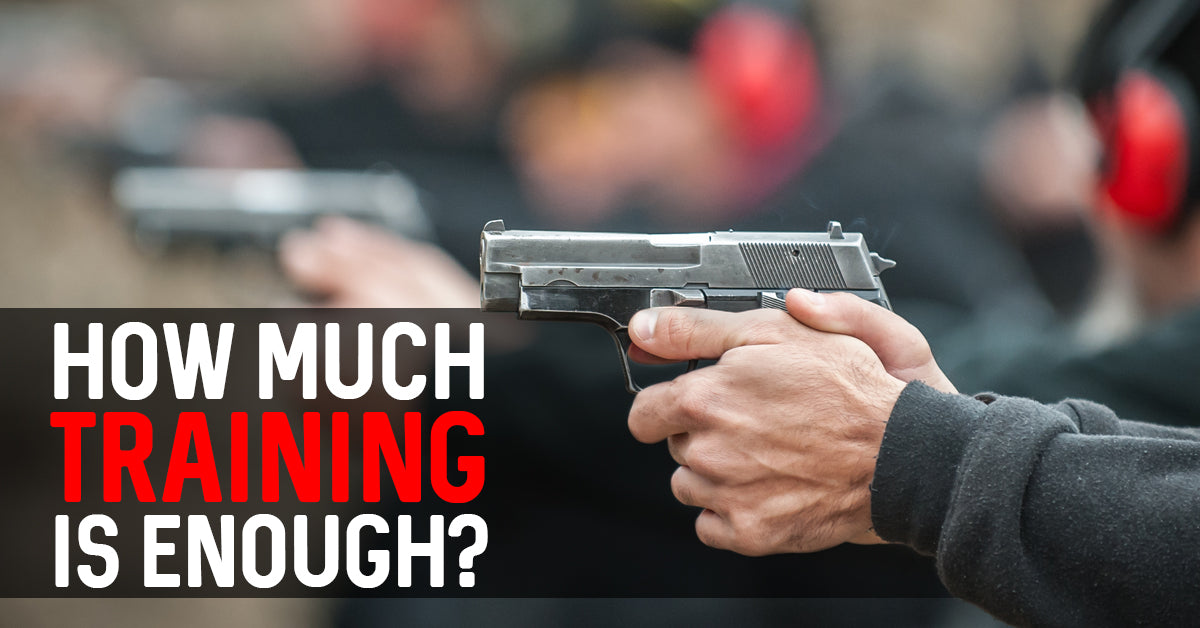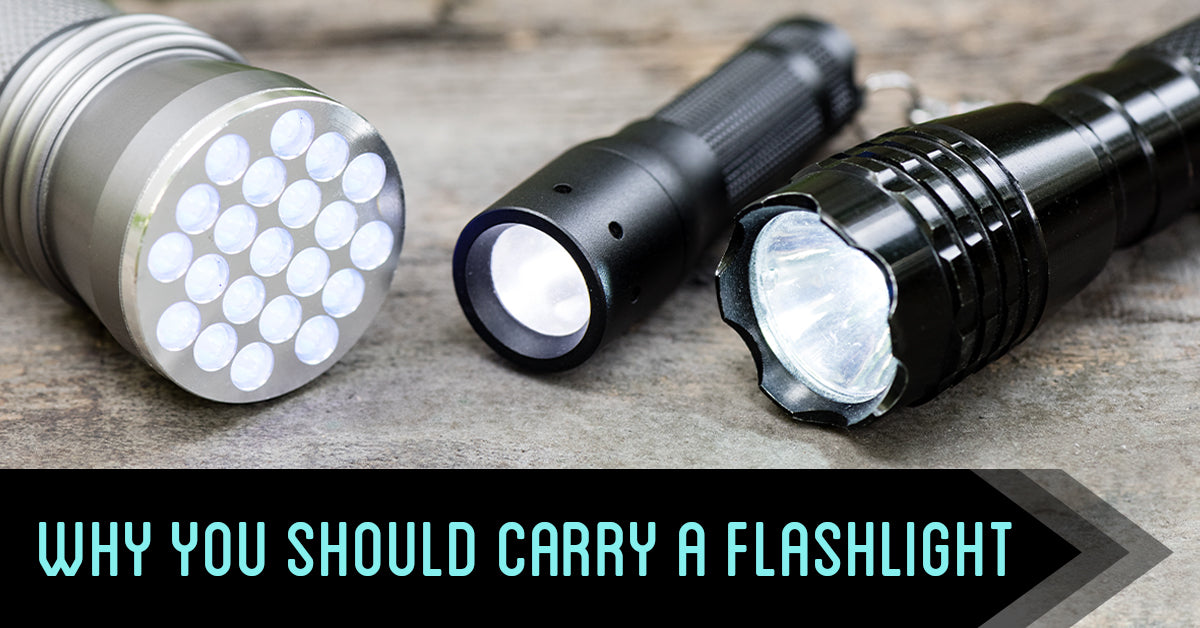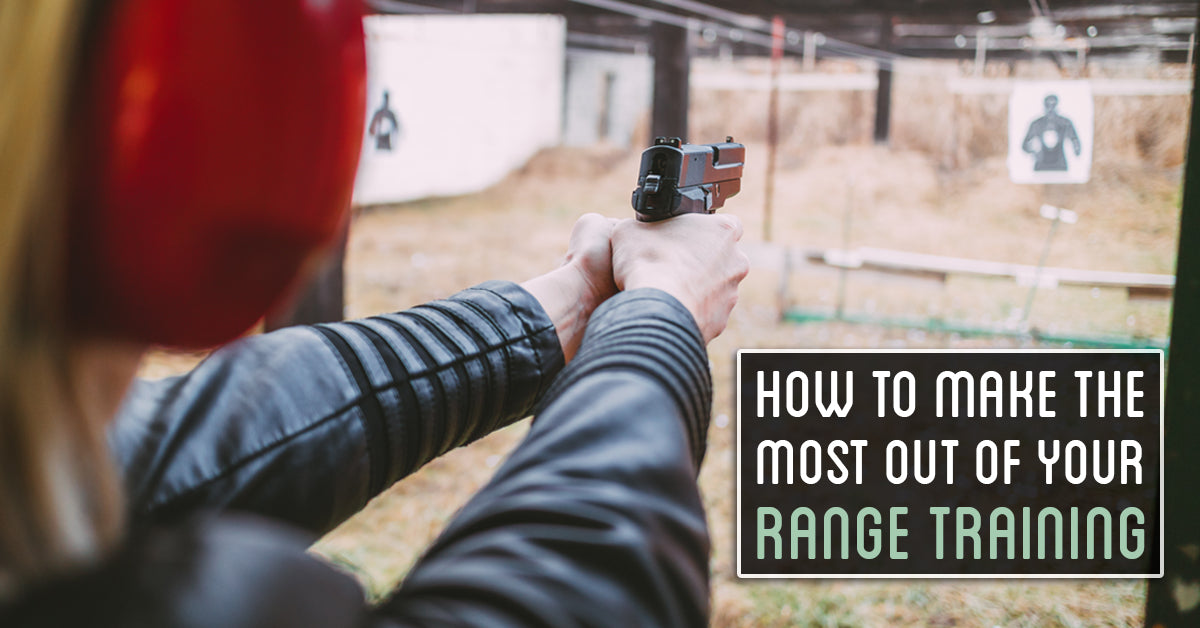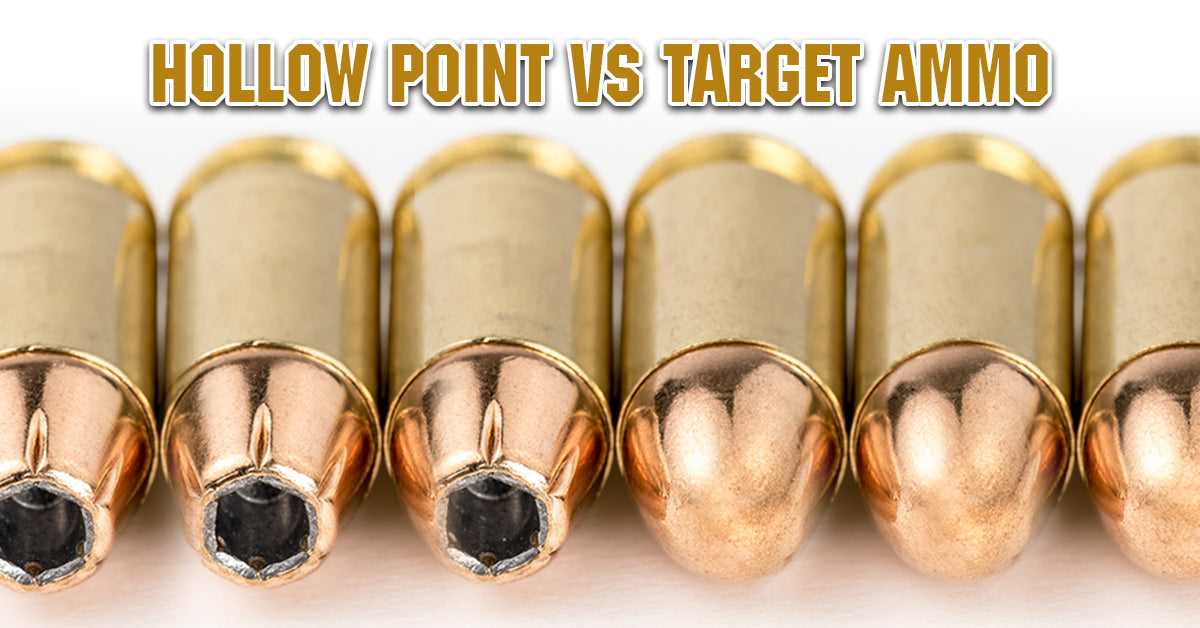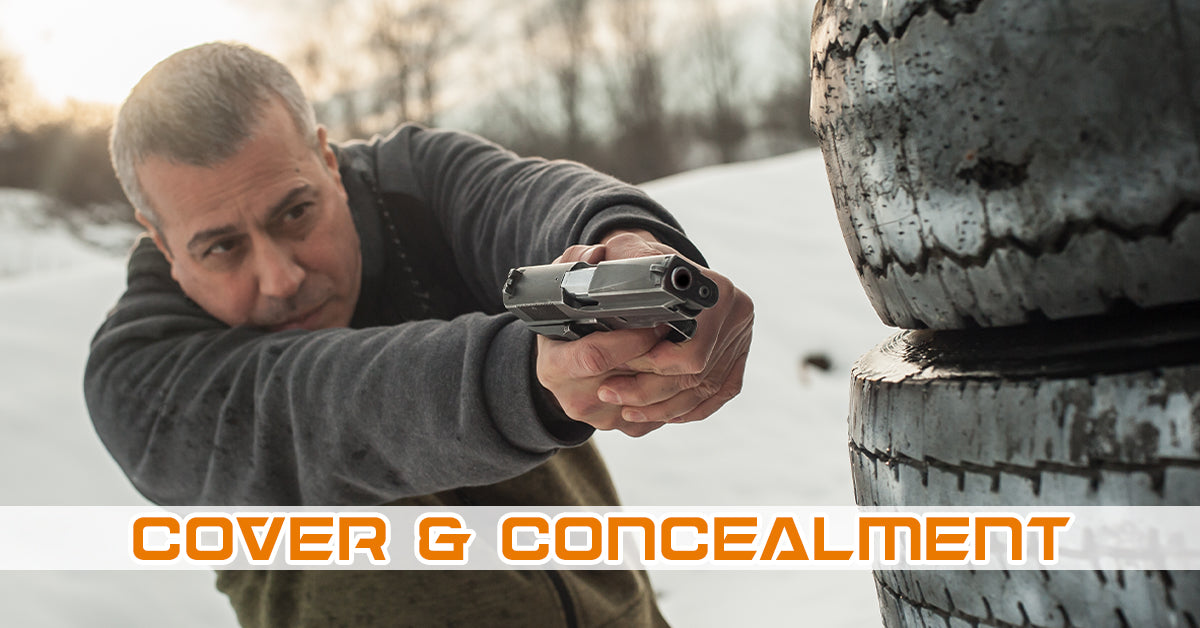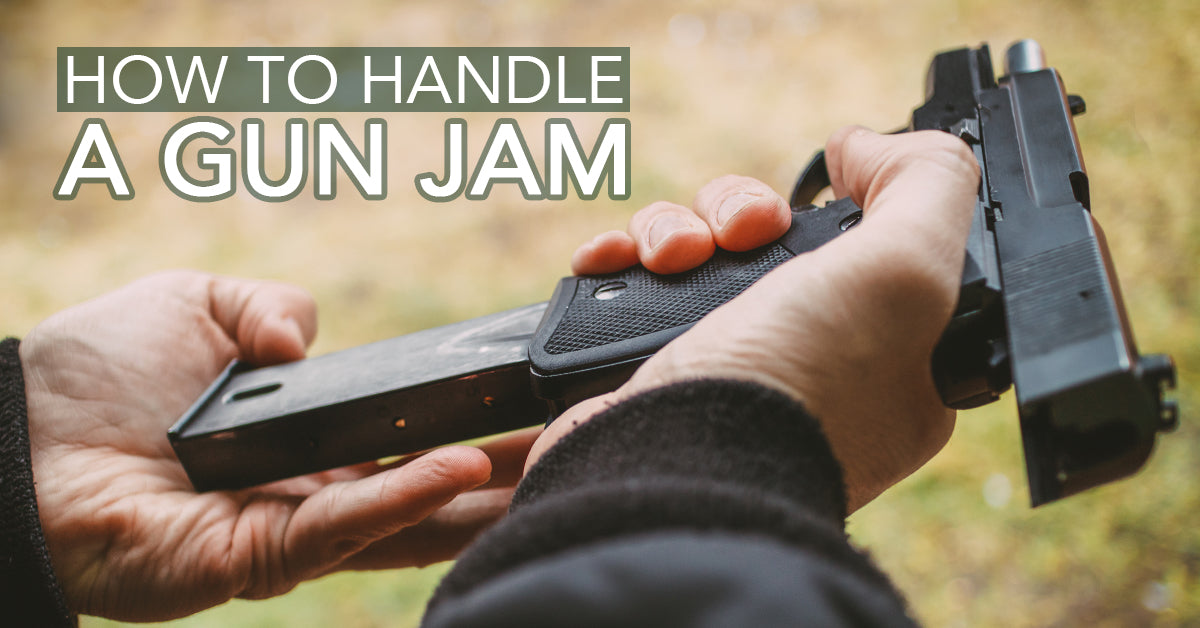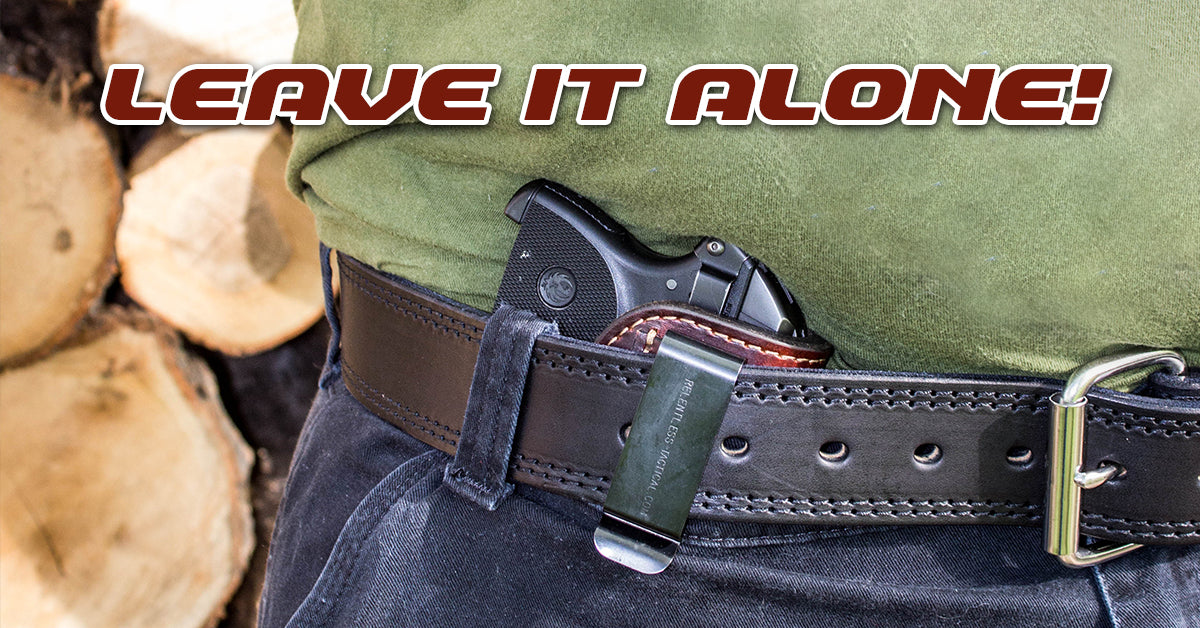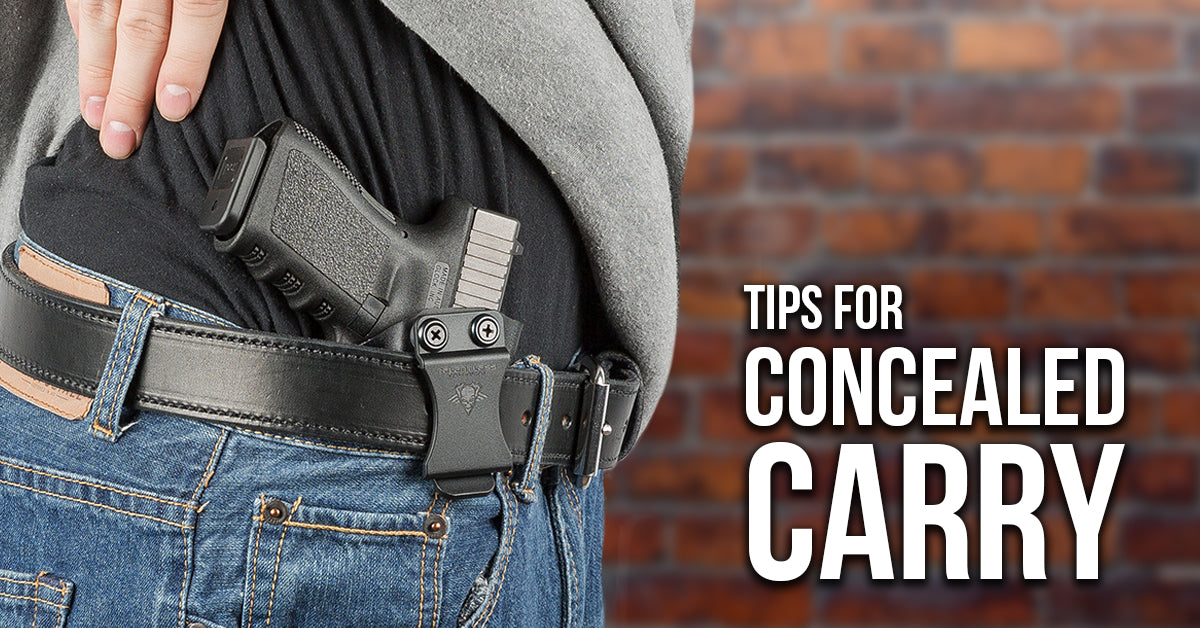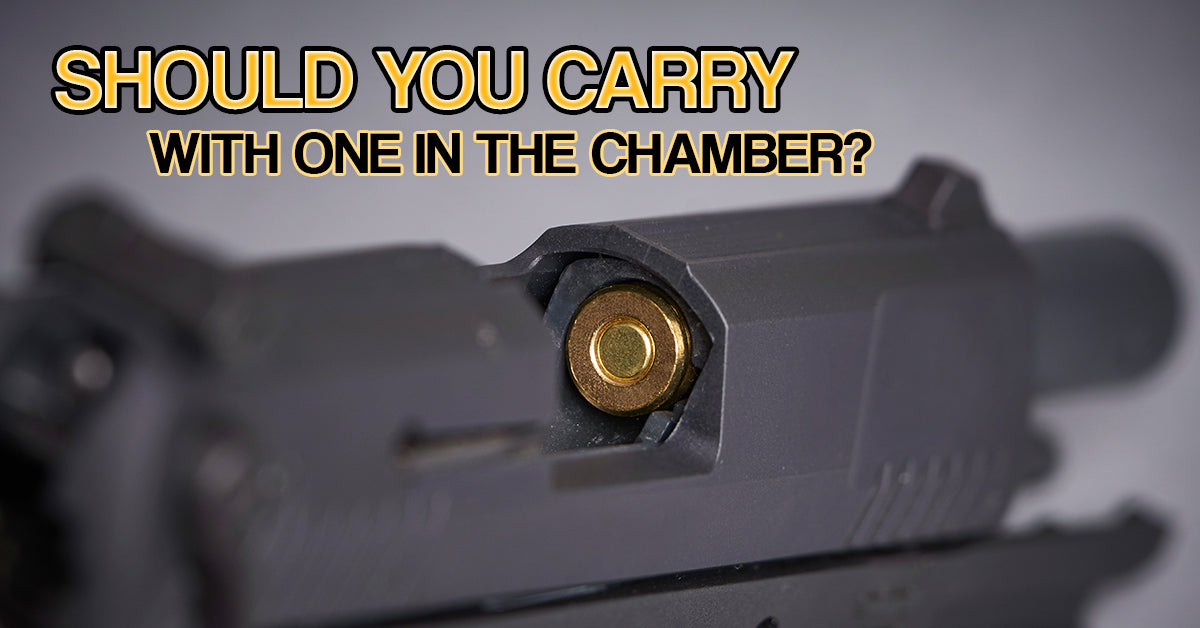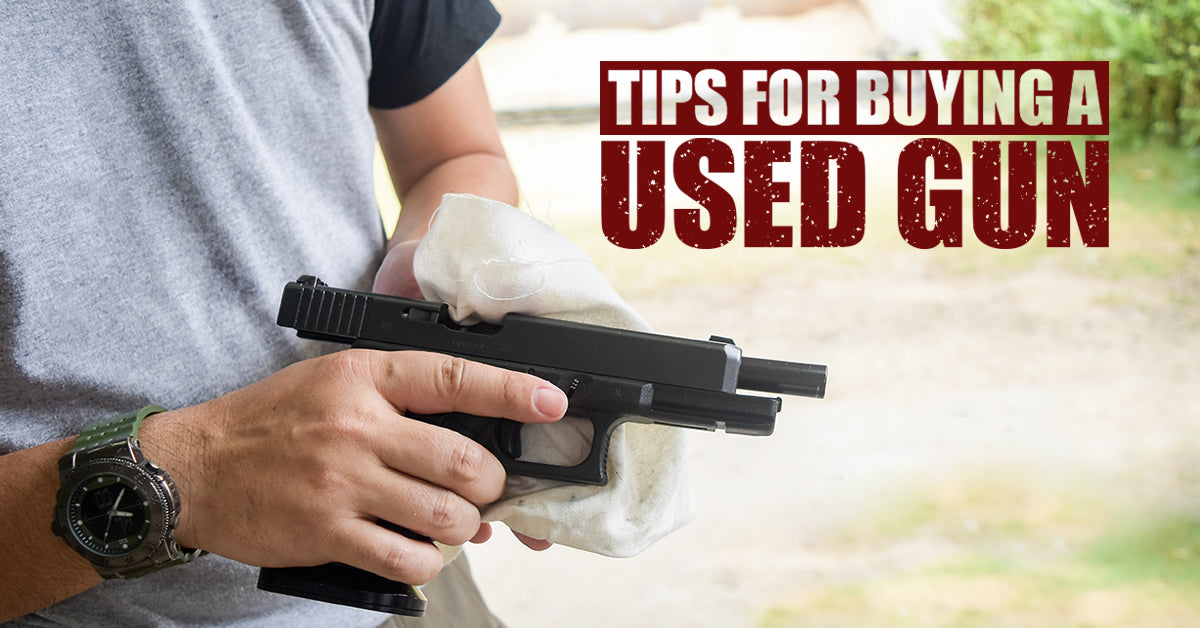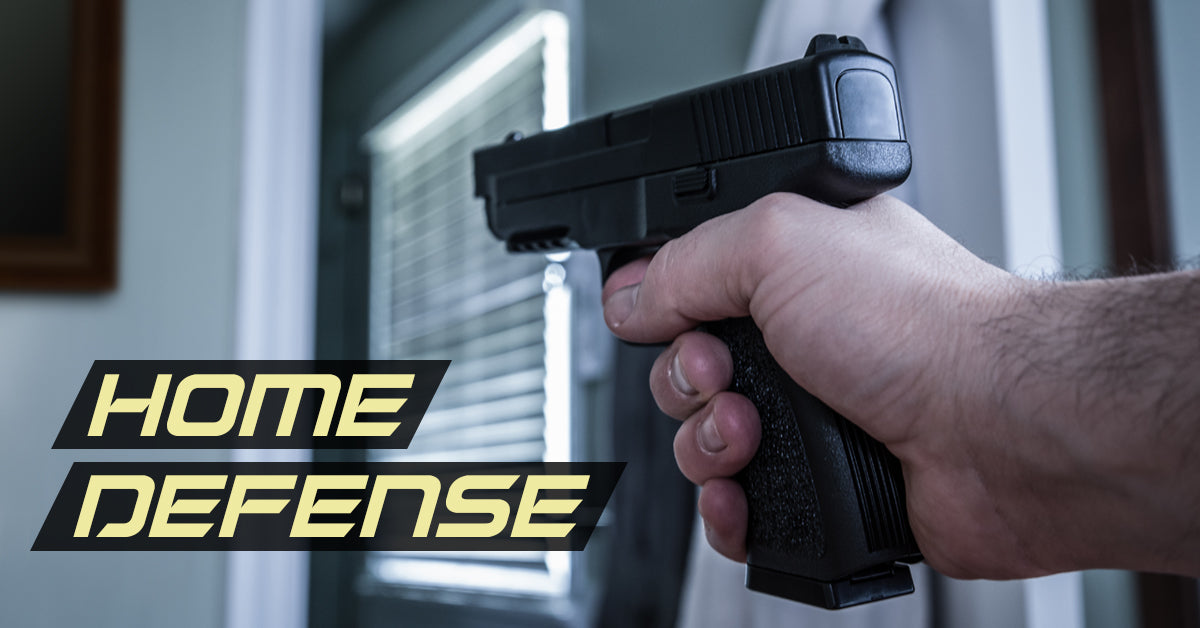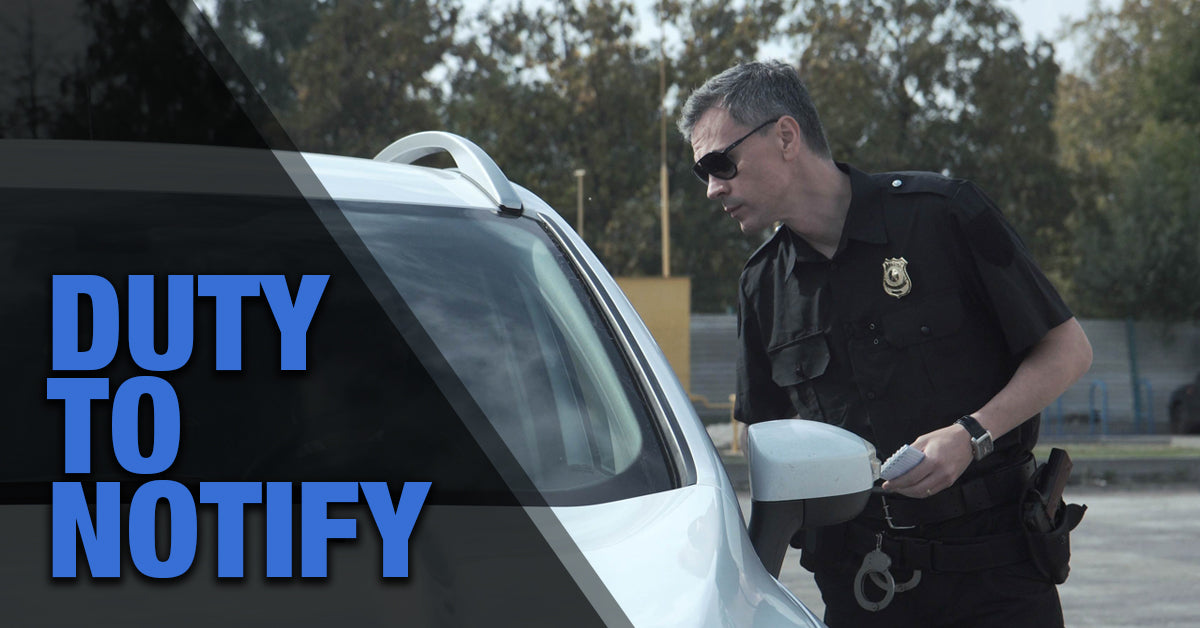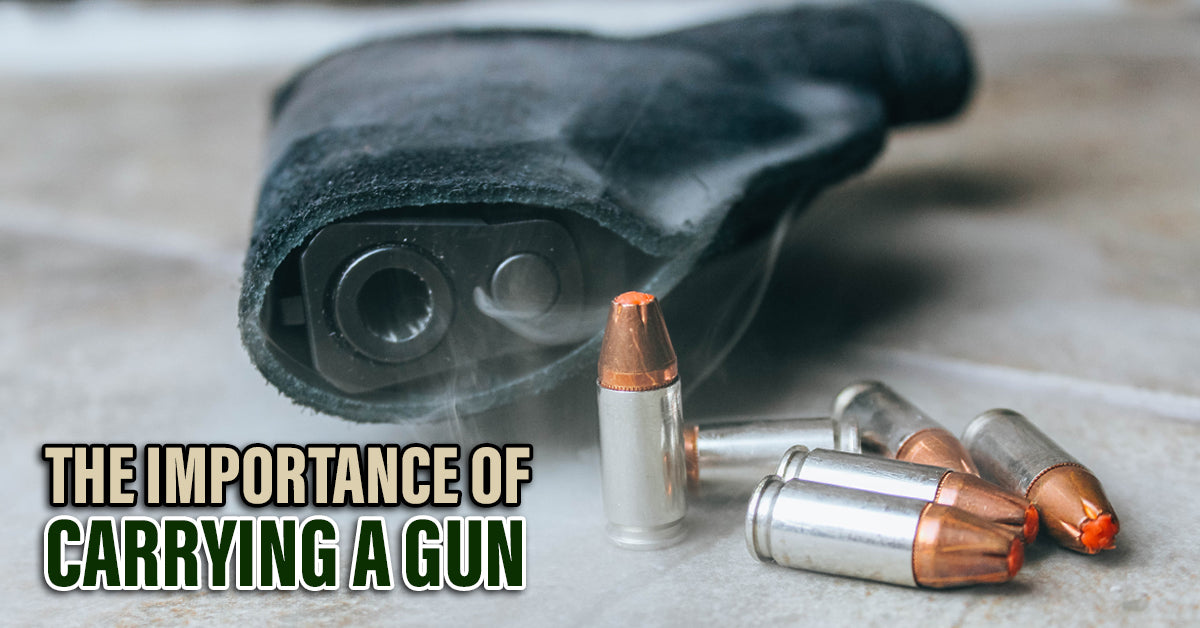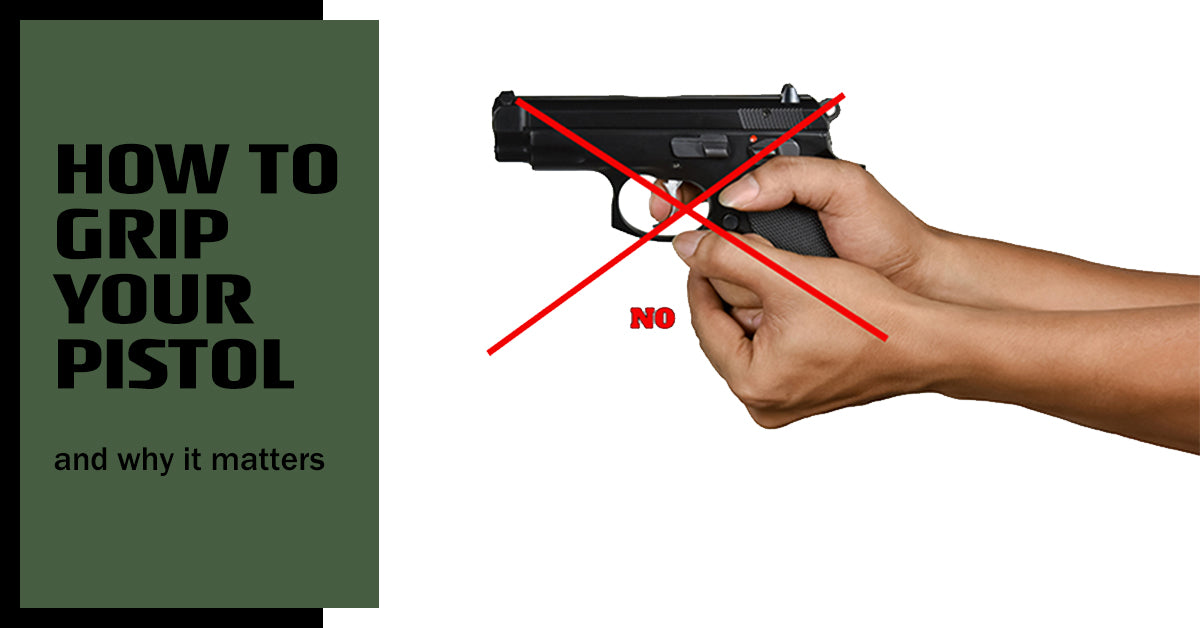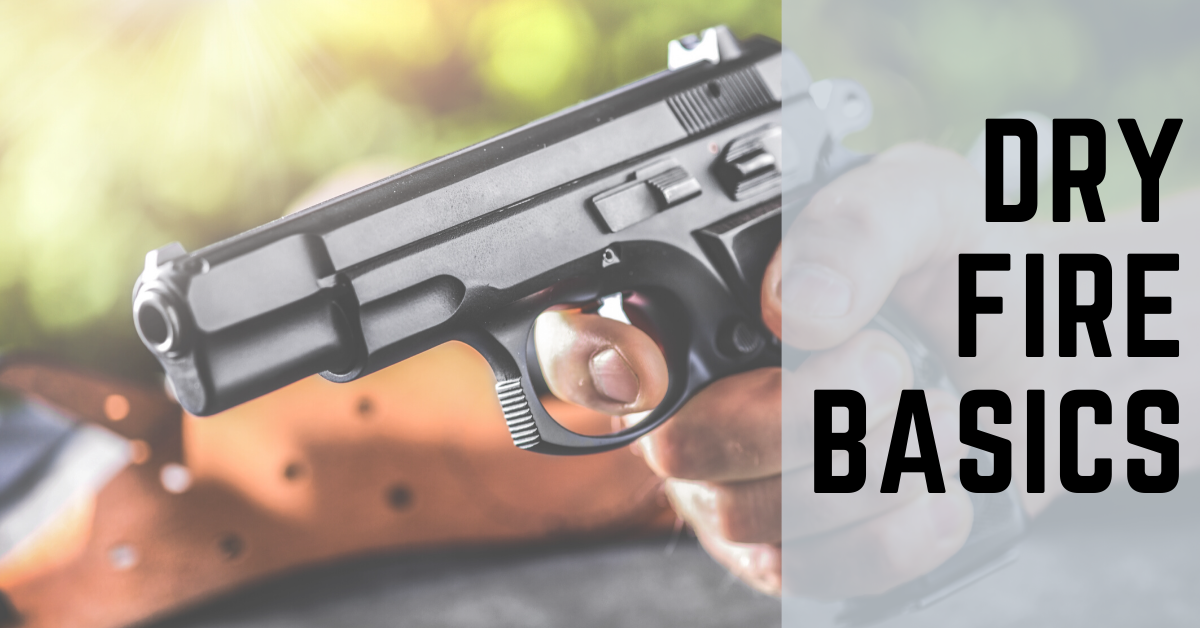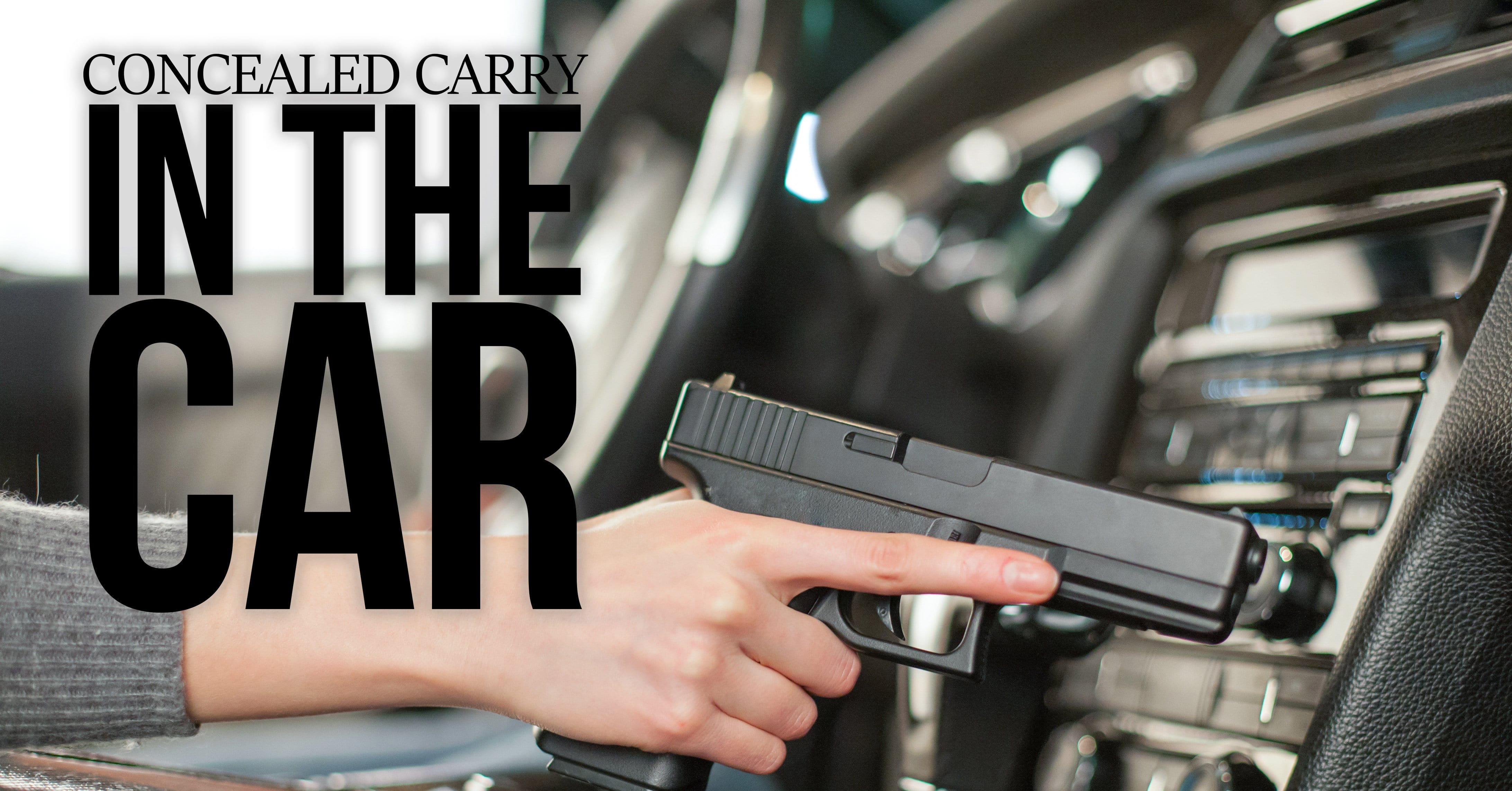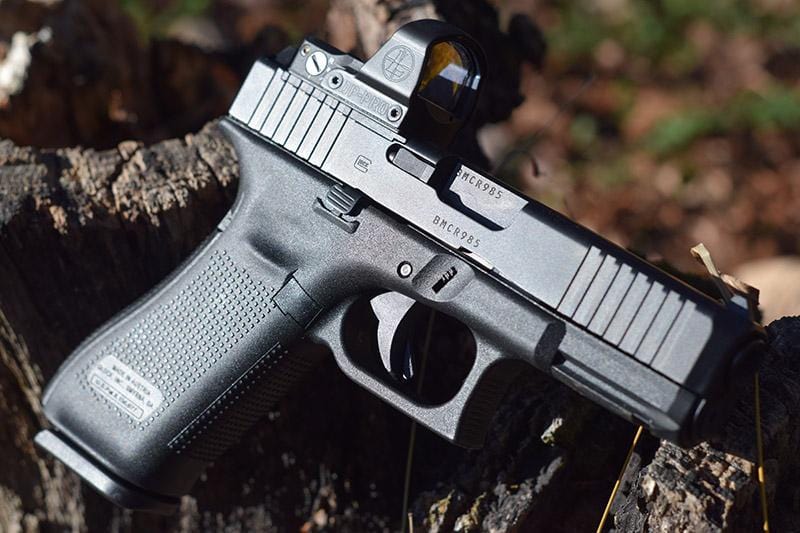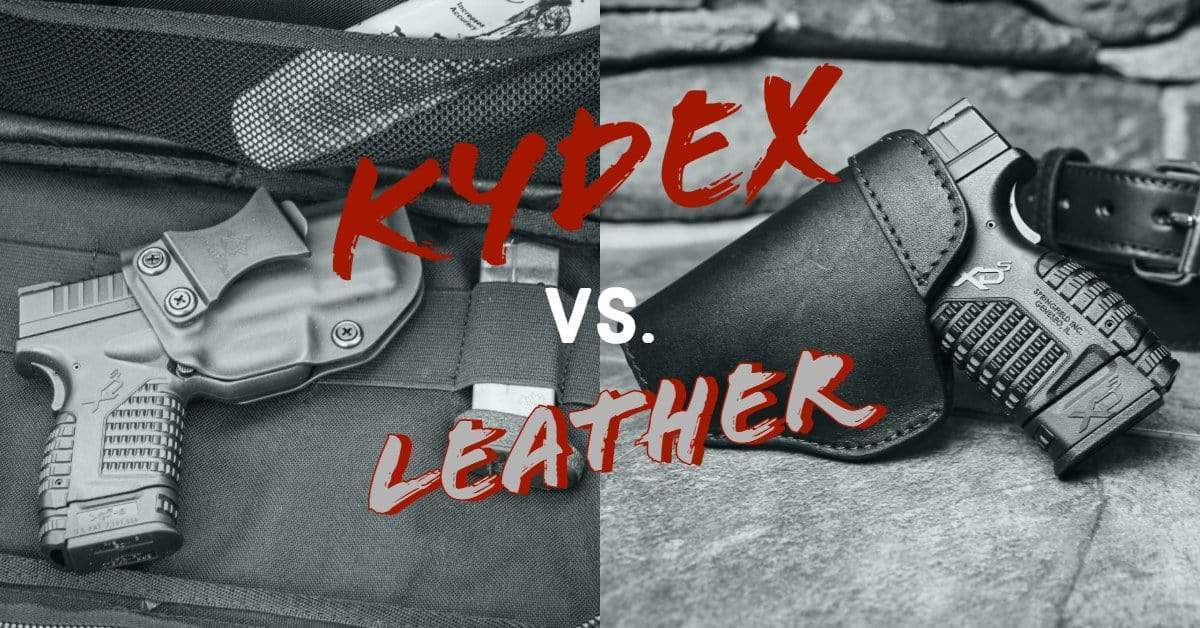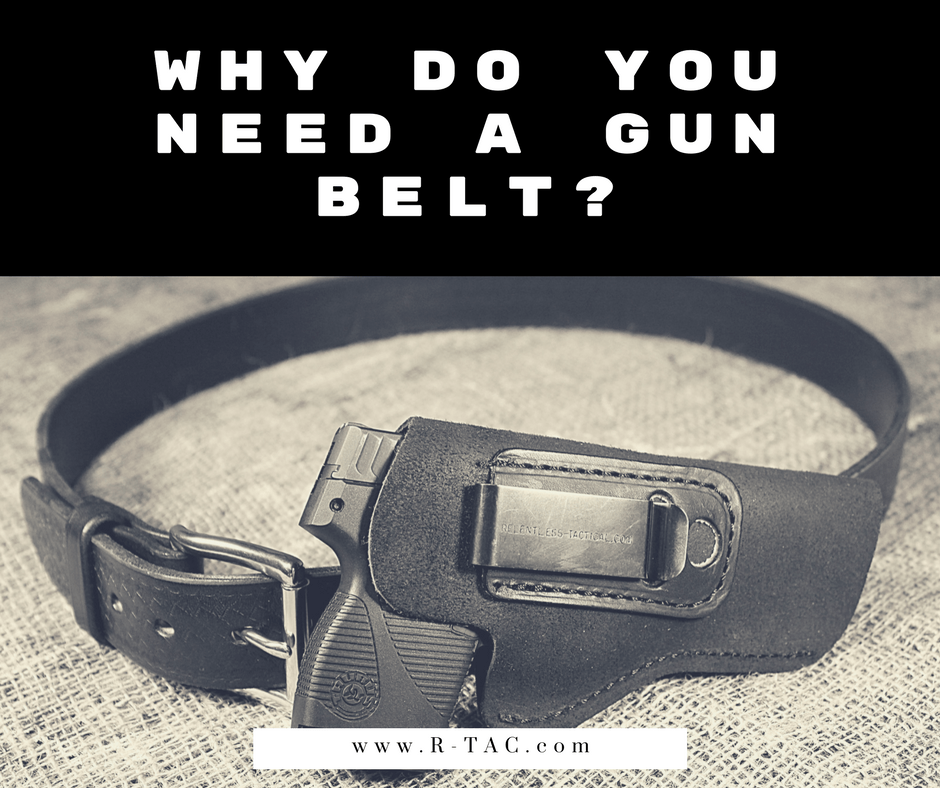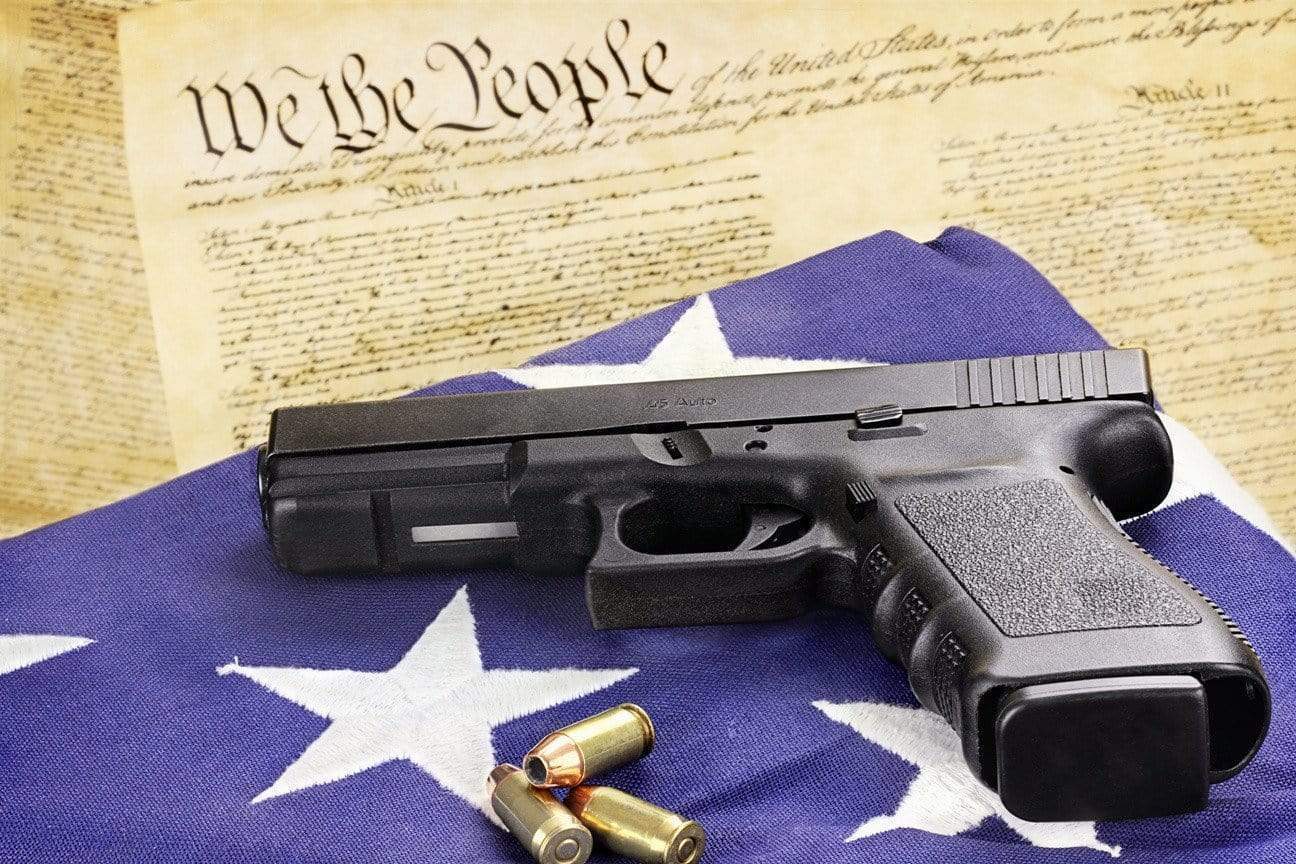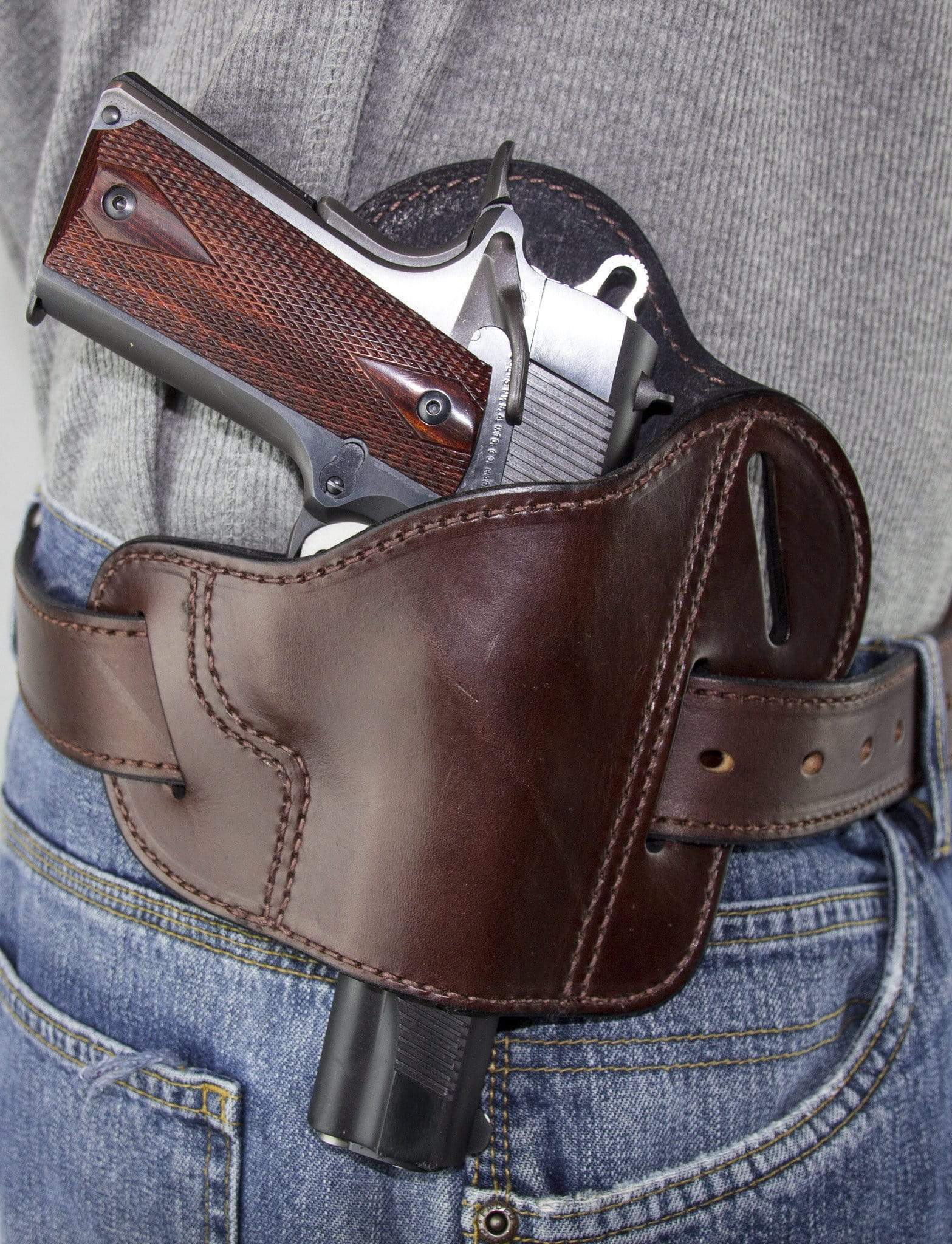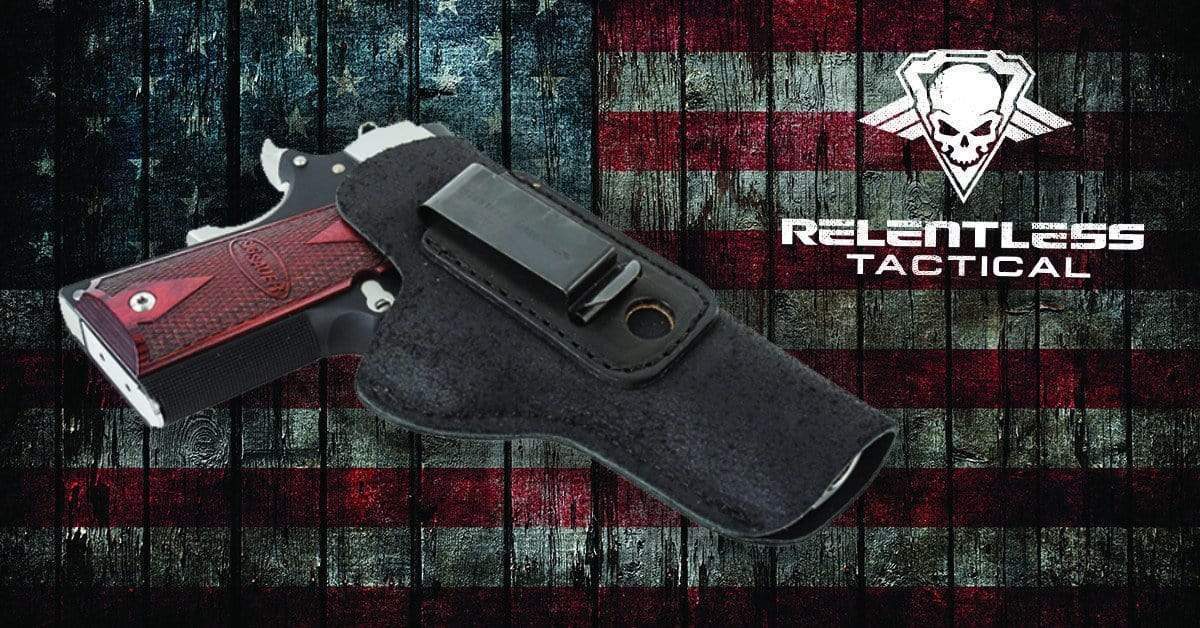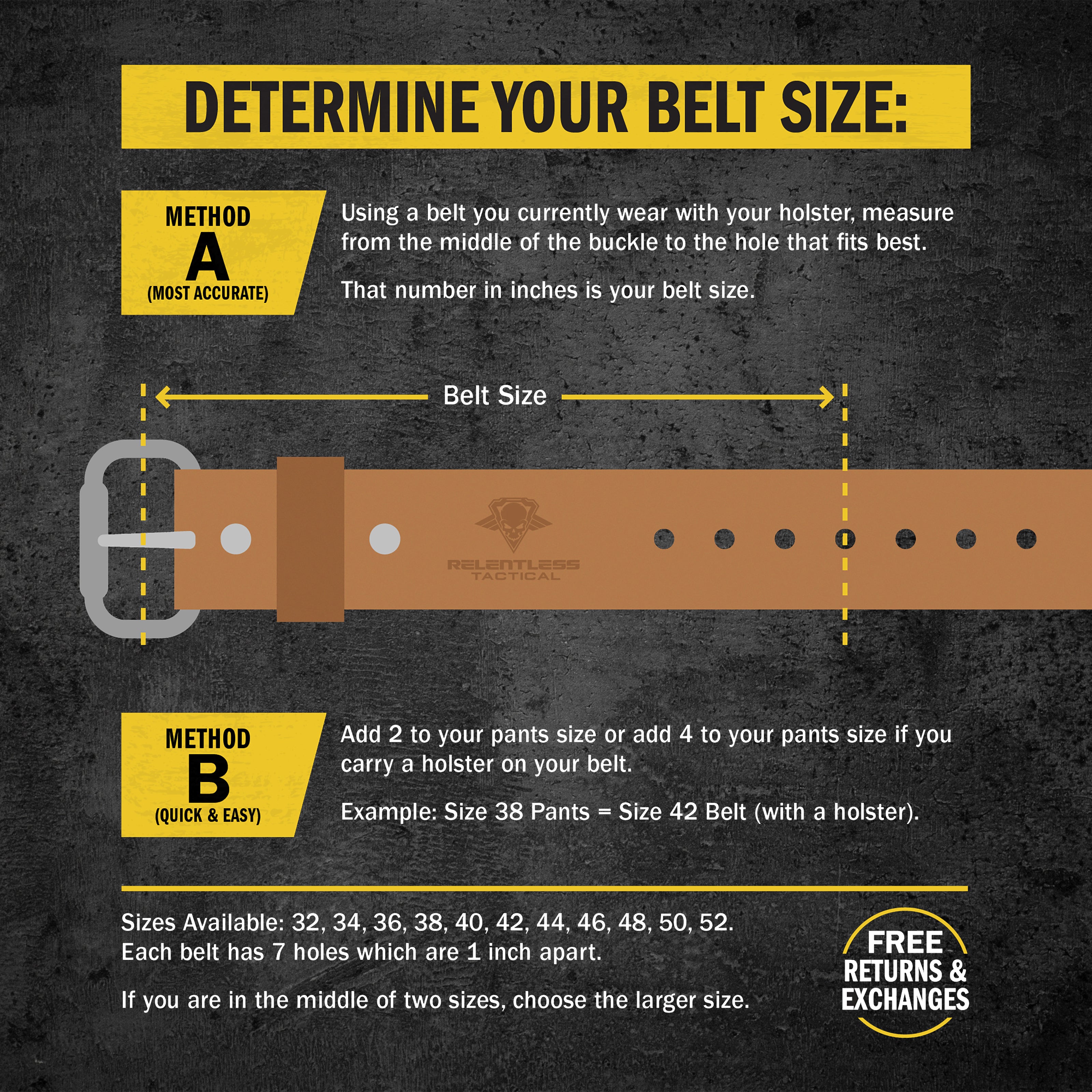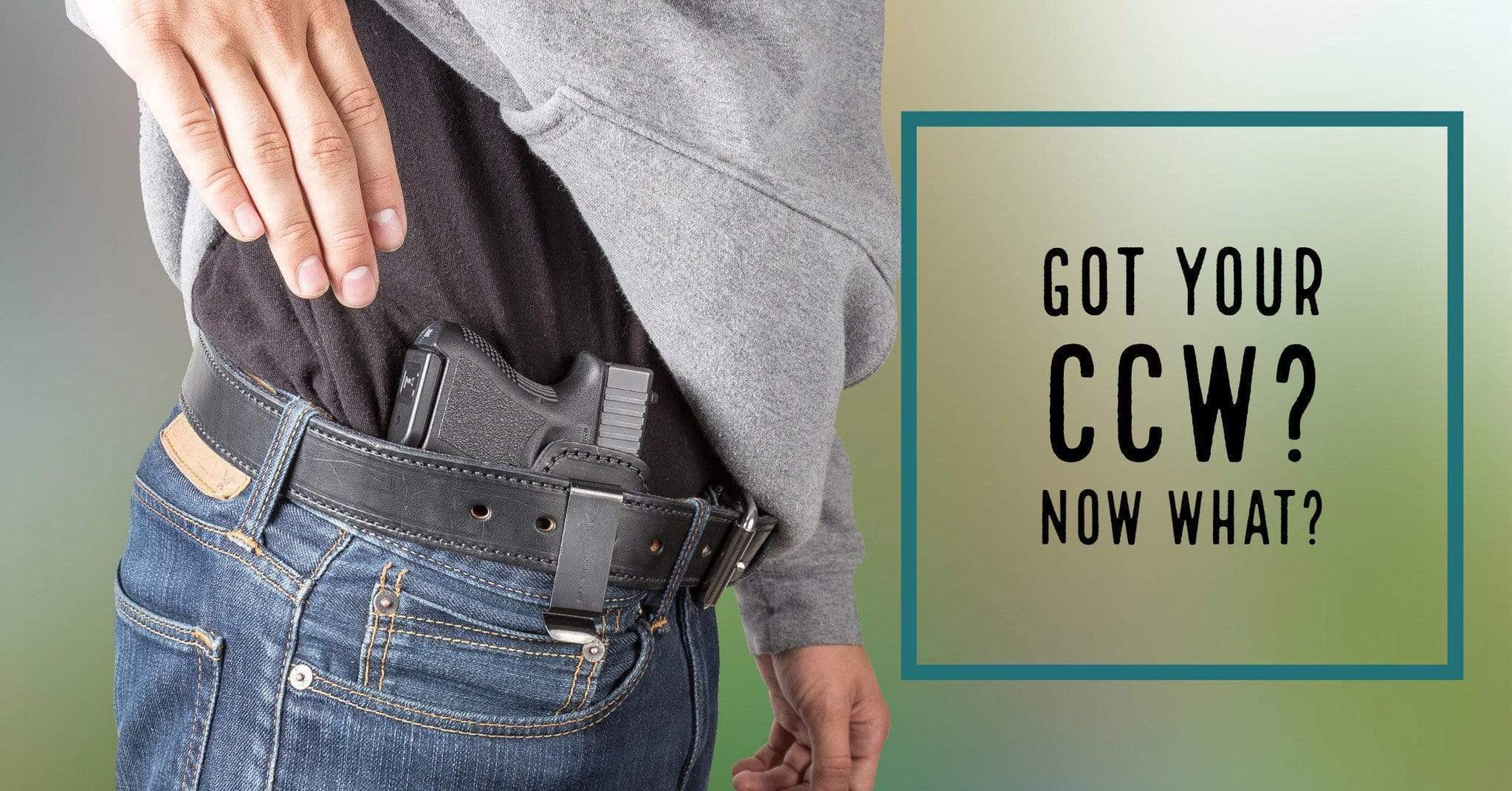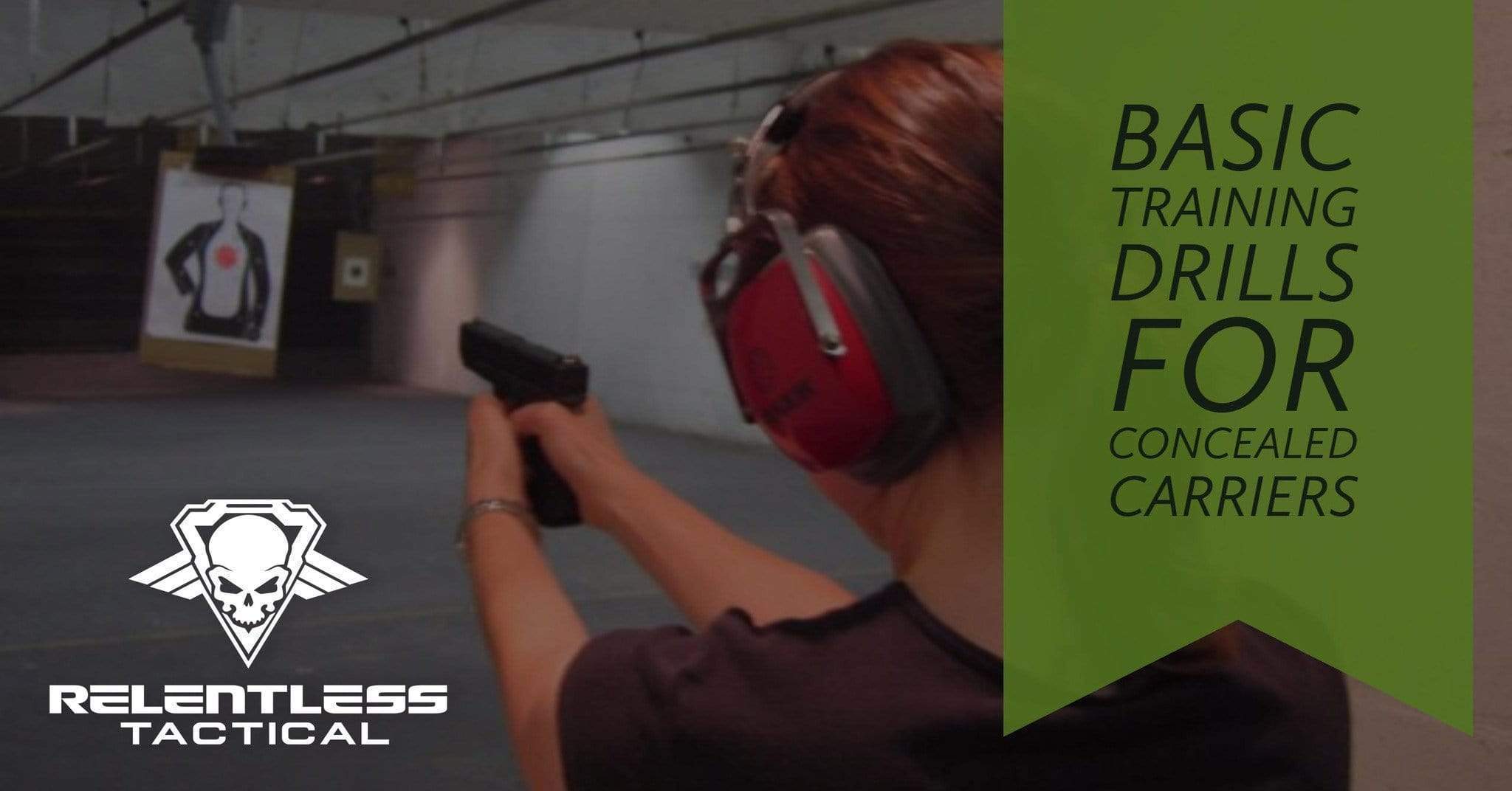Tips For Concealed Carry While Traveling
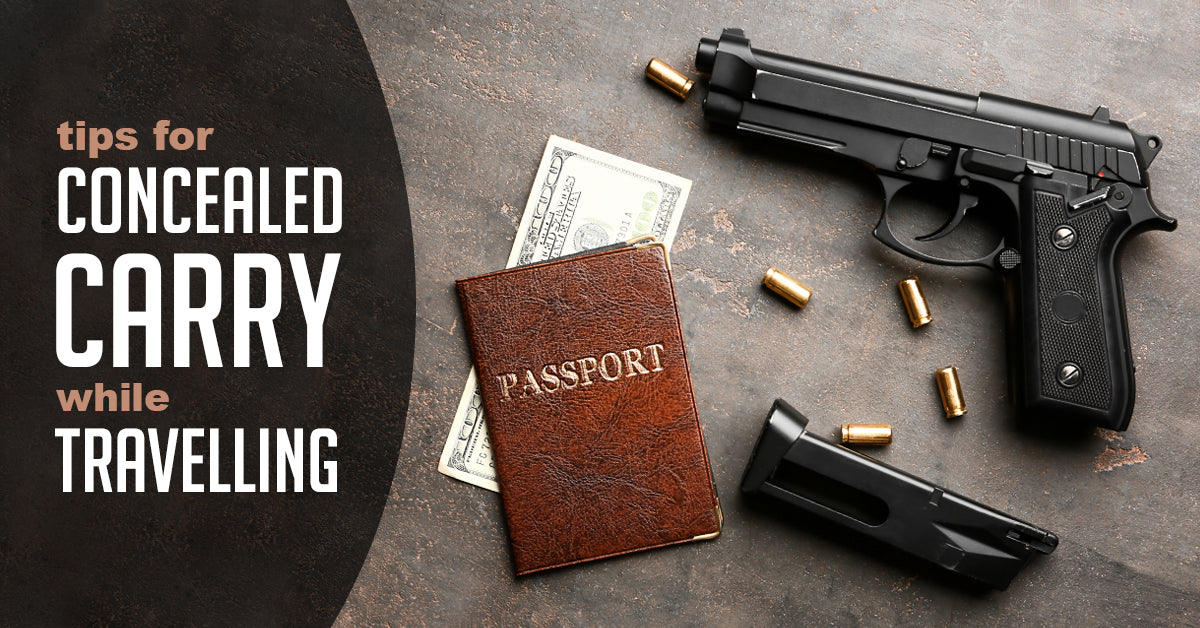
Those of us who carry daily do so without much thought given to where we go on a day to day basis. Our days consist of going to work, picking up the kids from school, shopping, traveling to and from work, and occasionally going out to eat at a restaurant or taking in a movie. For the most part, the majority of us don’t leave our basic radius and are comfortable with our routines.
Generally speaking, we have a good understanding of the legality of carrying a concealed handgun in our home area, so we don't spend a lot of time agonizing over where we can and cannot carry our pistols.
But what do you do when your boss decides to send you to San Diego for a business conference, or the corporate office has a training event taking place in New York, or you finally make the time to take the family on vacation to Disney World? The importance of carrying your gun should always be thought about carefully. Do you leave your handgun home and depend on local law enforcement to protect you and your family? Or do you take it with you and risk running afoul of the local laws of the state or municipality you are traveling to? These questions, like all, are best answered by a little research, and here as always, the internet is your friend.
The basic things you need to explore to make an informed decision are best summed up in three questions, first what are the laws concerning possession of firearms in the state you’re traveling to? Second, does the state you’re entering allow concealed carry, and if so, will they recognize your home state’s permit? Last, is it legal to transport your firearm to where you’re traveling and what are the legal means of transport?
Possession of Firearms
A simple search of the term “state gun laws” for whatever state you will be traveling to will give you a very long list of search results regarding the gun laws of that state. Some are very useful, others not so much. It is highly suggested that you look for a search result that leads to the state government website. Either the state’s Attorney General or their Department of Justice is usually where you would find a good, reputable repository of the state’s gun laws.
Once you have found the gun laws of the state in question, study them without attempting to interpret them. Just read and follow them. The minute you start trying to play TV lawyer and read something in the law that isn’t there, you may just find your stay in that state lasts longer than you had originally intended.
If you have any questions about the gun laws you are reading on the state website, contact them and ask. If you can email them, even better. That way you will have a copy of the clarification directly from the office of the State AG in the off chance that you come across an LEO who is unfamiliar with the ever changing laws of the state.
Sadly, this does happen on occasion and in states with voluminous criminal codes the word often travels slow when it comes to getting changes out to the guys that are tasked with enforcing the law.
Honoring of Your Permit
This is probably the easiest nut to crack as there are several notable websites that stay up to date on reciprocity laws amongst the states. A simple search will let you know exactly which states have an agreement to honor your home state’s permit.
However, some due diligence is required, just because a state has a reciprocity agreement with your home state doesn’t mean that the laws concerning concealed carry in that state are the same. Again, the state DOJ or Attorney General website is a good place to start to nail down the particulars of carrying concealed in that state. Some states are OK with you carrying in a bar as long as you are not drinking alcohol, others make that expressly forbidden, and still others don’t allow carry in a bar, but have exemptions for bars that serve food.
Some states require you to announce to any LEO you come into contact with that you are licensed to carry and are in fact carrying a concealed handgun, and in others announcing that you have a carry permit will get you a strange look as there is no requirement to notify an officer that you are carrying a concealed firearm.
It is your responsibility to research, know, and follow the laws of the state that you are traveling to, since if you are not in compliance with the laws of that state, the fact that you are in compliance with the laws of your home state will be of little solace as you are getting fitted for steel bracelets.
Also, just because a state doesn’t honor your concealed carry permit doesn’t always mean you cannot take your firearm, it just means you can’t carry it concealed, some states may allow for open carry to anyone who can legally own a handgun. Others may prohibit carrying a firearm at all but are OK with you keeping it loaded in your hotel room for personal defense, as those states may consider a hotel room to be a domicile.
Then, of course, there are states that would consider you a criminal for having your gun with you.
Interstate Transport of Firearms
When it comes to the interstate transport of firearms it really should be pretty easy since interstate travel and commerce is federally regulated, but unfortunately it is subject to whims of state by state laws.
When traveling by airplane, it is pretty cut and dried. Follow the TSA and your carrier’s regulations concerning the transportation of a firearm and all is well, right up until your plane from North Carolina to Texas gets diverted to New York City for an overnight stay where they make you claim your bags until you can get a different flight.
When you go to check your bags for the next flight and declare your perfectly legal (in NC and Texas) firearm is unloaded and locked inside your luggage in accordance with federal law, you can, and most likely will, be charged with unlawful possession of a firearm.
The Firearm Owners Protection Act was supposed to cover owners who were legally transporting firearms for lawful purposes against prosecutions like this but unfortunately the courts didn’t agree (see Greg C. Revell vs. The Port Authority of New York and New Jersey) having sided with prosecutors in practice. Unfortunately, you have no control over where the plane actually lands in case of an in-flight emergency.
It is a bit easier if you choose to drive, but that doesn’t come without its hazards as well. You may be perfectly legal with a loaded weapon in the console of your vehicle, but once you cross a state line you may now be carrying an unlawfully loaded and concealed weapon, so it pays to do a little research as to the laws concerning transport of weapons in each state you will be crossing through. Reading up on some tips for concealed carry in your vehicle can be beneficial.
It also pays to know where you are going so as not to get lost and accidentally cross into a prohibitive state by accident, or in the case of a young Marine a few years back, cross an international border with a vehicle full of firearms and end up with an all expenses paid stay courtesy of the Mexican government.
Conclusion
Traveling with a firearm can be fraught with legal challenges but a little research can pay dividends when it comes to making the decision as to whether it is worth dealing with the headaches that come with it. Just because you are out of your state doesn’t necessarily mean you relinquish your right to self-defense, just remember it is your responsibility to research and comply with all the laws of the state or municipality you will be traveling to and failure to do so can definitely ruin an otherwise enjoyable trip.

